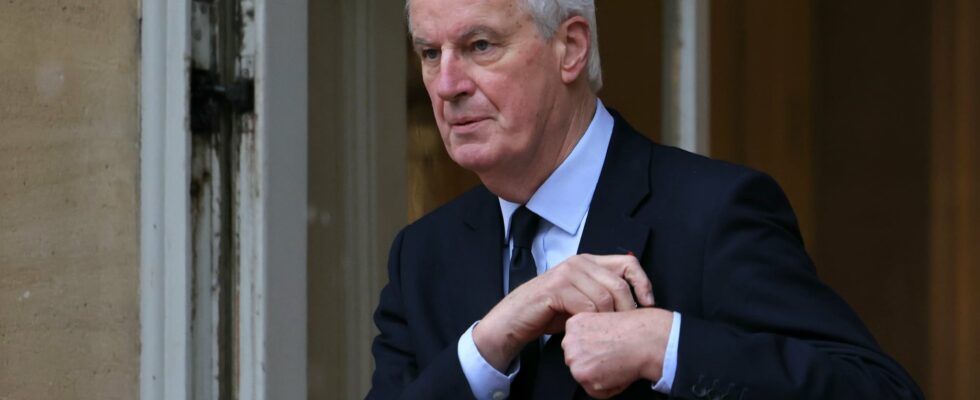Two months after the appointment of the Prime Minister, discussions around the finance bill highlighted what editorialists called the “Barnier style”: listening, humility and responsibility. Three qualities which contrast with the spectacle offered by a National Assembly torn between fiscal madness and spending hysteria. But it would be wrong to believe that Michel Barnier fits into the traditional posture of a simple fuse, ready to absorb crises to protect the president. On the contrary, he embodies more than ever a Prime Minister with extensive prerogatives and the guarantor of the stability of the country.
Certainly, he must first, in an objectively unmanageable parliamentary context, preserve France’s credibility. With a public deficit expected at more than 6% of GDP in 2024, controlling public spending has become a necessity. The head of government has the heavy task of detoxifying this political class doped with “magic money” for too many years. A withdrawal which can only happen through the use of 49.3 in the face of a National Assembly which throughout the debates will never have had the courage to reduce the slightest public expenditure apart from the usual little demagogic blows on the reduction of development aid or contribution to the European Union.
But, in reality, this role of guarantor goes far beyond budgetary management: the president pretends to ignore that his fate is in fact totally linked to that of his Prime Minister, a real life insurance policy for an Elysian power that is running out of steam. If the relationship between the pair is modestly described by Emmanuel Macron as “demanding coexistence”, the formula actually hides a fundamental imbalance. A dissolution with dramatic consequences, an absence of majority in a radicalized Assembly and a president without the possibility of running again in 2027: Macron is not Mitterrand and Barnier is not Chirac. It would be wrong to look for elements of comparison in past cohabitations. These periods were marked by clear balance of power, a deep bipartisanship, a Prime Minister leading an opposition which played the role of counter-power. In these configurations, the president could play the “father of the nation” card: gain heights without ever being withdrawn from the political life of the country. A difficult role to assume today for Emmanuel Macron whose popularity is at its lowest. It is much more the Prime Minister who has become the pillar of a two-headed executive. A two-headed power but well and truly threatened by a single ax, that of the vote on a motion of censure in the government. Indeed, the fall of the government could only lead to that of the president, unable to dissolve the Assembly again and unable to appoint another credible Prime Minister.
Michel Barnier, judged by History… and the French?
Jean-Luc Mélenchon and Marine Le Pen are already rejoicing at the institutional chaos that such a situation would cause. Because, while the threats of the RN to vote on the motion of censure of the far left intensify as Marine Le Pen’s judicial calendar becomes clearer, the stakes far exceed the individual destinies of Emmanuel Macron or Michel Barnier. Beyond the political survival of the President of the Republic, the Prime Minister is the last safeguard in a flammable political and institutional situation, while our country is already plunged into a crisis of intense democratic distrust. In a France that has been extremely polarized and fueled by populism and violence since 2020, only 26% of French people say they are satisfied with the functioning of democracy and 14% of them still consider it “credible” political parties.
Guarantee of the country’s economic credibility, life insurance for a weakened president and last safeguard of a threatened Republic: beyond his style, it is of course on these unprecedented missions that the Prime Minister will be judged by the History and, who knows, one day by the French themselves.
Jean-François Copé, former minister, mayor (LR) of Meaux
.
